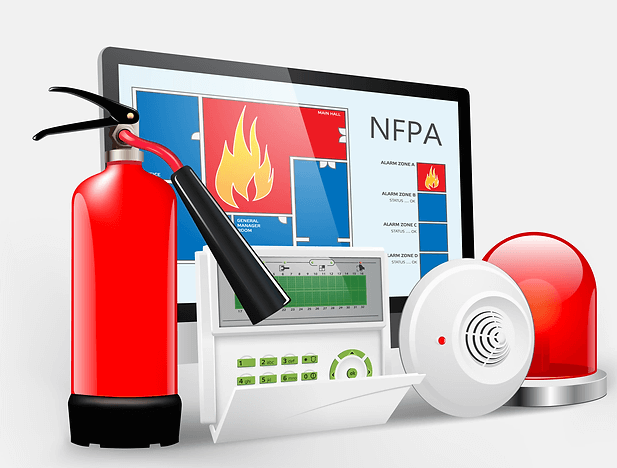Most employees should know the potential electrical hazards surrounding their work environment. They are prone to electrical injuries because they lack proper training to recognize these dangers and act accordingly.
Training your workers helps protect your company as they can foresee an electrical danger and use the appropriate preventive measures to combat it. A safe working environment improves productivity, enabling your company to profit more.
Here are the benefits of incorporating electrical hazard recognition into NFPA 70B training:
Including Electrical Hazard Recognition in NFPA 70B Training
1. Reduce Chances of Electrical Fires
The NFPA 70B training is a compliance requirement that covers preventive maintenance of electronic, electrical, and communication systems. This practice protects people and property from risks associated with equipment failure.
When electrical equipment like circuit breakers, cables, switchgear, motors, and transformers develop faults, it could lead to arc flashes or electrical fire. With proper training, your workforce will recognize fire threats and alert authorities for quick action.
2. Spot & Fix Electrical Malfunctions
Electrical systems may last longer but malfunction over time because they experience natural tears and wear. Integrating electrical hazard recognition into NFPA 70B training can help you figure out underlying conditions much faster.
If the circuit breaker keeps tripping, it will be easy for your employees to know something unsafe in the system needs rectification. This training will help them understand that the circuit breaker is overloaded, so it keeps cutting power. With the help of a professional, they can reduce the number of connections to improve functionality.
3. NFPA 70B Increases Electrical Efficiency
An inefficient electrical system can bring significant extra costs to the utility bill, which could throw you out of budget. However, incorporating electrical hazard recognition into NFPA 70B training could help you quickly identify how to reduce energy consumption and save more money.
Professional training enables your employees to identify electrical faults through inspection and correct them to ensure the smooth running of activities. This drill instills them with innovative ways to lower annual electrical costs and prolong the system’s efficiency.
4. Save on Future Electrical Repairs
Electrical problems can’t solve themselves, so the longer it takes to solve them, the worse it gets. Electrical hazard recognition should be incorporated into NFPA 70B training to improve workplace safety. This education makes the environment safe as it helps you identify and fix a problem that could require more money.
Read also 10 Tips for Relocating Across the Country Stress-Free
We all know that prevention is worth more than cure, so paying for that training will save you from more hazards. It will help your workers have a vast knowledge of all the risks surrounding them and use the preventive measures taught to solve diverse electrical problems.
5. Compliance with the Electrical Safety Code
All electrical systems must comply with the area safety codes. Having unlicensed electrical work on your property is unwise as it could lead to hazardous faults. The NFPA 70B training complies with local, state, and national regulations, saving you fines and other electrical concerns.
Conclusion
Safety is mandatory in all working environments prone to electrical attacks. Integrating the NFPA 70B training allows you to reduce the chances of electrical fires, fix malfunctions, increase efficiency, save repair costs, and comply with regulatory bodies.

